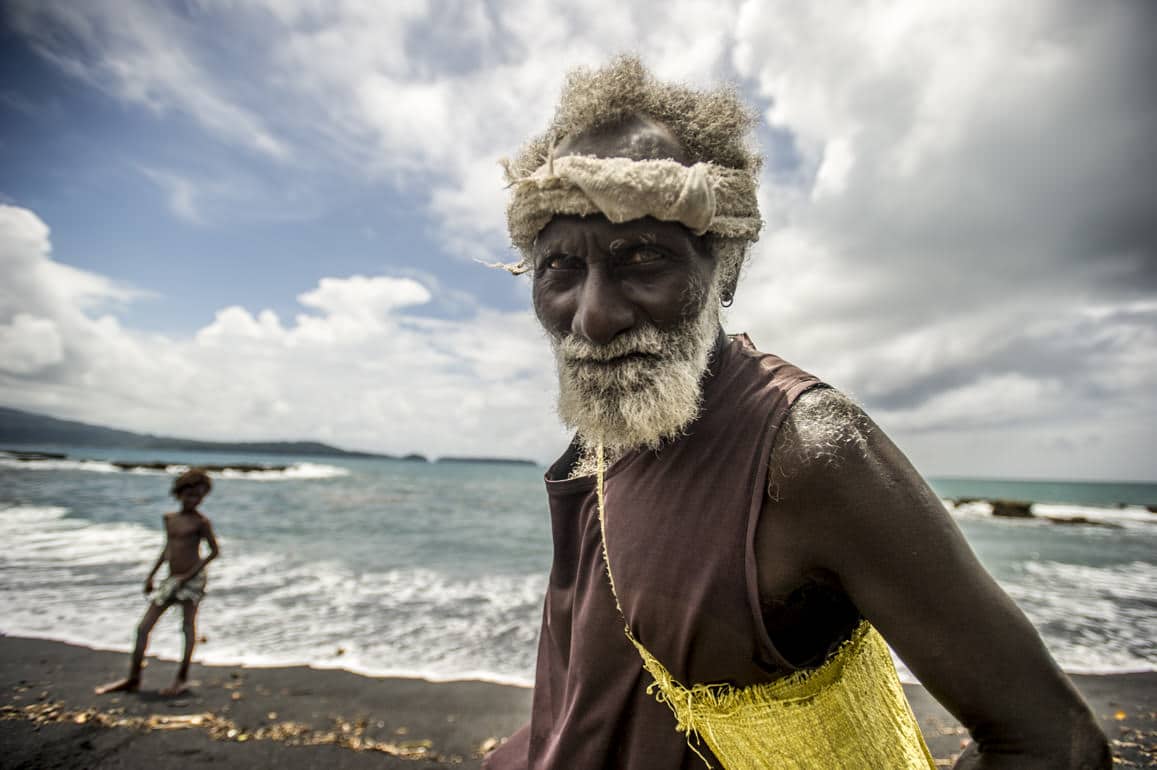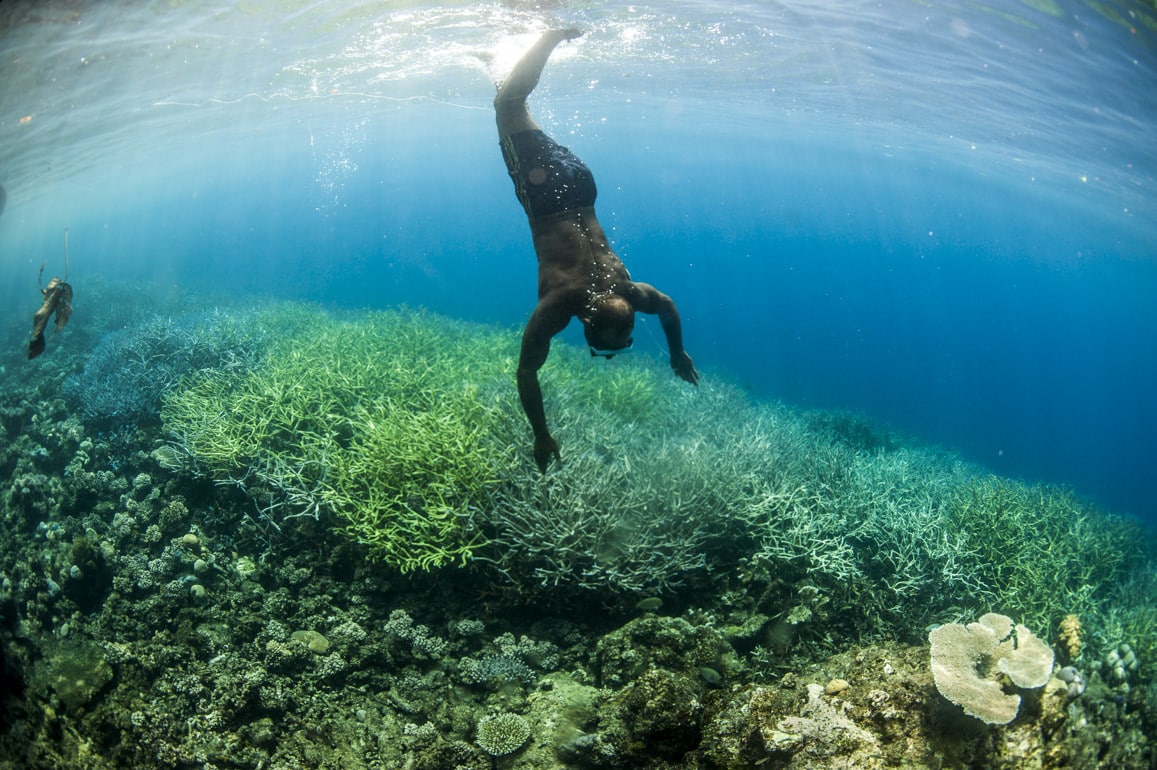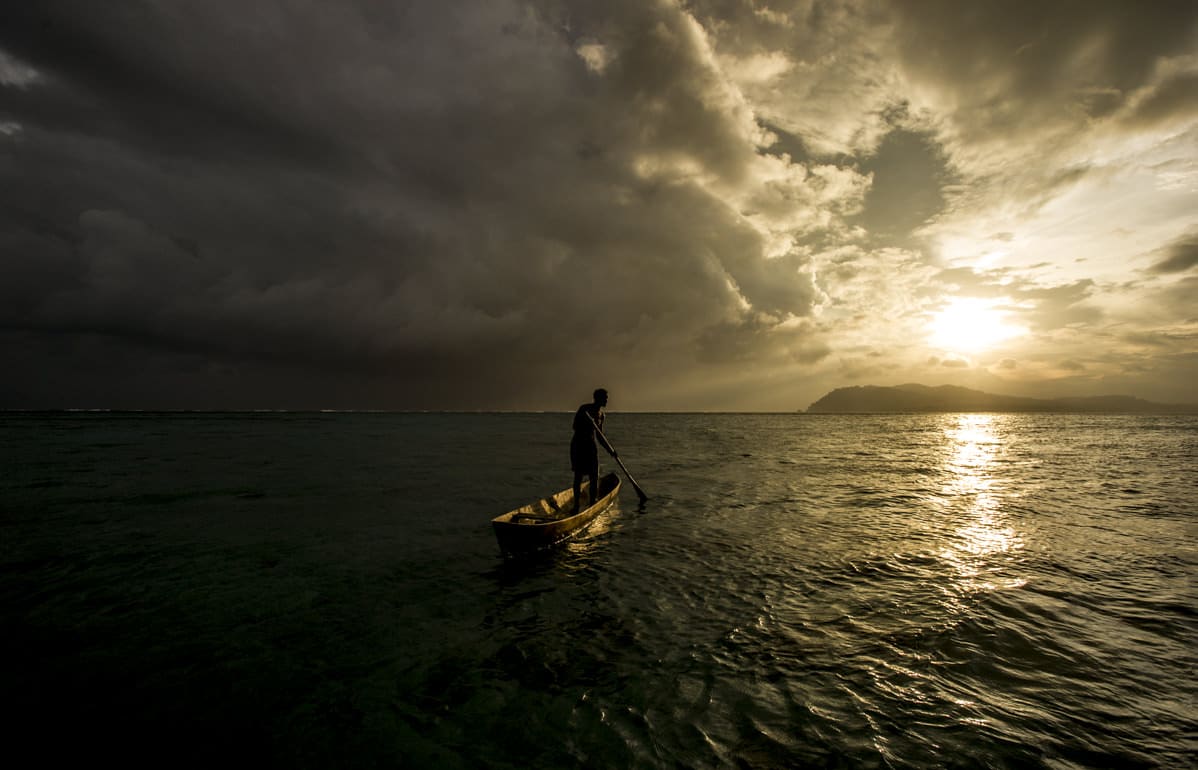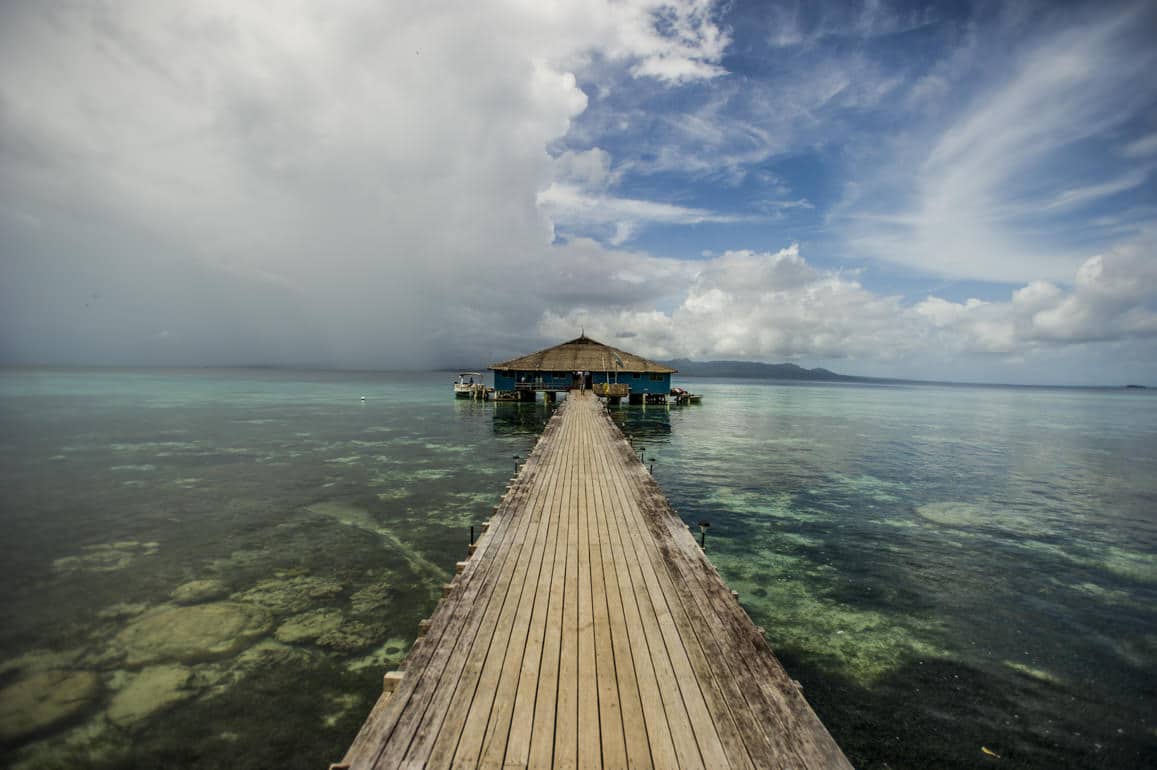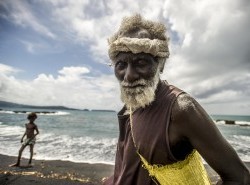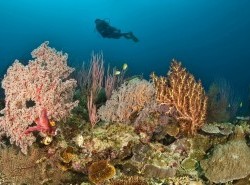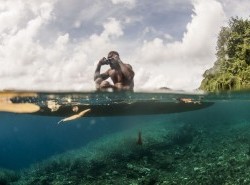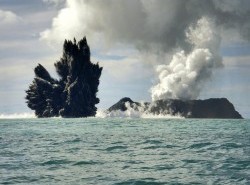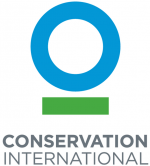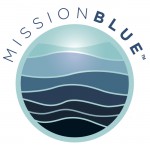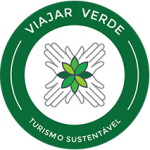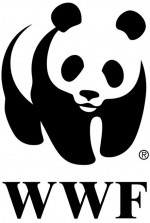The Oceanic Society takes us to one of the least-visited but most biologically-diverse corners of the Coral Triangle - the Solomon Islands.
A little over half-a-year ago, the Oceanic Society began its first 10-day snorkeling and whale survey programme in the Solomon Islands, a nation of 992 islands that extends nearly 900 miles to the east of Papua New Guinea.
We were a group of 18 ecotourists, myself, cetacean researcher Dr. Benjamin Kahn, and the wonderful staff of the Bilikiki. On this expedition we would depart from the marina in Honiara, Guadalcanal and motor off to explore the Florida, Russell, and New Georgia Island groups, including one spectacular day spent at isolated Mary Island. During that time we would meet villagers who paddled out to our boat, see some of the most spectacular and healthy coral reefs the world has to offer, and survey for cetaceans over 200 nautical miles, encountering 6 species and over 700 individuals along the way.
One thing that sets Oceanic Society apart from other travel companies is that we are a non-profit dedicated to ocean conservation, and part of the fees our participants pay go back into the protection of the marine environment they are exploring. Further, our expedition locations are chosen to support our mission. In this case our desire to visit the Solomon Islands was in part to provide an opportunity for Benjamin Kahn to follow up on work he had done in 2004 surveying for cetaceans.
Twelve years later, the 21 hours of whale survey time that we managed to splice in, outside of the 4 or 5 hours spent snorkeling each day, accounted for the first cetacean surveys carried out in the region since his previous efforts. Such surveys could lay the groundwork for future protection of deep-water habitats, which could extend to the shallow water habitats that our snorkelers came to enjoy. Ecotourism combined with conservation is what sets our programmes apart.
Given all the recent news of large scale coral bleaching events around the globe it was inspiring to see that the coral gardens of the Solomon Islands were relatively unaffected. The coral reefs we saw were vibrant, huge, and composed of a diverse community of coral species. In a country with only 33 km of paved roads, where boats are still the main mode of transport, nearly 500 species of coral have been documented, along with over 1,000 fish species. Some of the previous reef fish surveys conducted in the Solomons by Dr. Gerry Allen have found areas here that have reef fish diversity that is only surpassed by the reefs in Raja Ampat, Indonesia.
During this expedition our guests were left with no doubt that the Solomon Islands are a hotspot for coral reef health, and were glad to know that the Solomons are included within the boundaries of the Coral Triangle.
Our 10 days here left all in our group inspired by the colors and wonders of nature. We encountered manta rays, dolphins, and pilot whales, saw colorful nudibranchs, and huge colonies of coral. Each day we were left feeling inspired by nature and reconnected with our own passions to participate in the protection of it.After the end of the program Benjamin and I said goodbye to our Oceanic Society guests and the Bilikiki crew and made one final stop to meet with the team at the Environment & Conservation Division of the Ministry of Environment, Climate Change, Disaster Management & Meteorology Resources.
There we met with Chief Conservation Officer, Agnetha Vave-Karamui, and other members of the Environment & Conservation Division. Benjamin and I gave a brief presentation to the group and we all shared information about the potential of ecotourism, the challenges of plastic pollution, the conservation values of sea turtles and cetaceans with relation to conservation planning and management, and more. We left with a great sense of hope, both for the wonders we had seen while there, and for the chance to collaborate in the future to help provide information and support for regional marine conservation efforts moving forward.
If you’d like to join us on a trip to the Solomon Islands in 2017, click here for trip dates and details.
Mr. Wayne Sentman is the director of conservation travel programmes and an Oceanic Society naturalist since 1988. He is an experienced guide with a diverse background in marine mammal, seabird, and marine debris research. Wayne also co-teaches undergraduate field programs in Kenya on human-wildlife conflict and on the use of social media and art to raise public participation in conservation. He recently received a Master's in Environmental Management from Harvard University.
